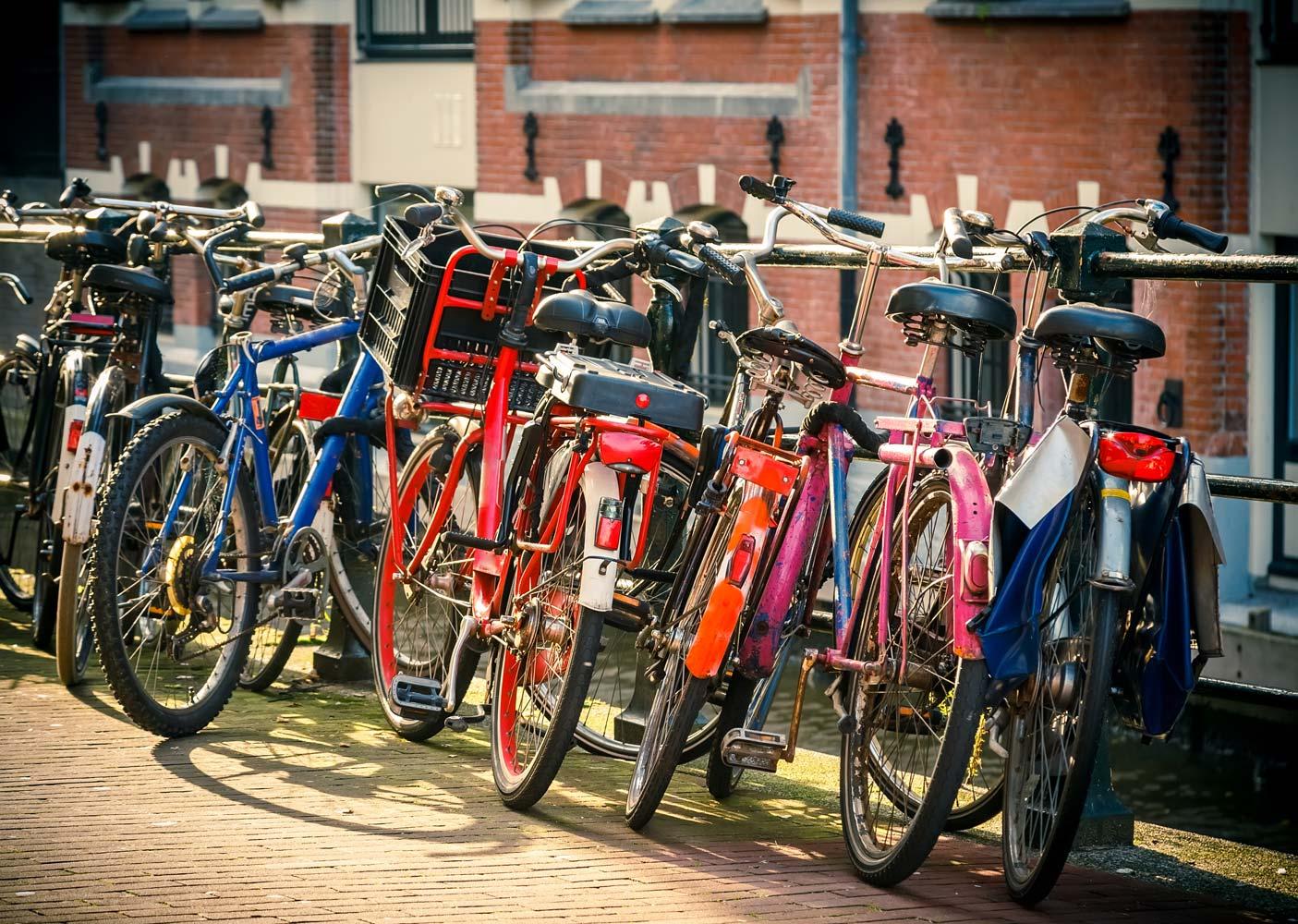
Intro to Research
Work Smarter, Not Harder
Get Ready For....
- Search Engines
- Should I Use Wikipedia?
- Boolean Search
- Databases
- Citation Tools
Let's Start With What You Know
Most Well Known
Beware the echo chamber...use private search.
Designed for Students
Results are supposed to be selected by educators, librarians and researchers.
Google's Biggest Competitor
Owned by Microsoft; said to have faster search function and weed out irrelevant results.
Search engines ARE NOT DATABASES - they are only indexes of the web!
https://youtu.be/BNHR6IQJGZs
How Do You Know?
What's real? What's Fake? Some 82% of middle-schoolers couldn’t distinguish between an ad labeled “sponsored content” and a real news story on a website. ~ WSJ 11/21/16
ADS: It's hard to tell!!
Google constantly changes how they show ads on their results page...you've got to pay attention!
Start at Wikipedia...SERIOUSLY!
Wikipedia
Never use Wikipedia as a citation in your academic work; USE WIKIPEDIA to get a basic understanding and to learn key words and topics related to your research.
Wiki
Start with a blank sheet and put your subject in the middle.
Read the Wiki Page
Fill in around the subject with words and terms used to describe your topic; include the words used in the links.
DATABASES ARE THE PREFERRED RESEARCH TOOL FOR ACADEMIC RESEARCH & PROJECTS
- Access to published, reliable information.
- You still have to evaluate information found in databases to identify bias and opinion.
What Are Databases and Why You Need Them
1. Go to the database
Explora is the Preferred Database for SFC - ACCESS THROUGH SCHOOLOGY LIBRARY GROUP
- FULL TEXT DATABASE
- DESIGNED FOR GRADES 8-12
- ACCESS
>>>Courses
>>>Library 101
>>>Scroll down to Databases
>>>Select "Explora"
2. Search the database
- Start with a general search and then narrow down using an advanced search
ADVANCED SEARCHING
Get more specific and narrow your search results by completing an advanced or "boolean" search.
#UseYourWordWeb!
Combining Search Terms
3. ADVANCED SEARCH: You must do a general search first in this version of Explora!!!
Database results are "tagged" for keywords & subjects - just like Twitter & Instagram
- keyword = title, article, subject
- subject = tagged article
4. Look at your results
Scan the page of results...does your initial search *appear* to locate the information you were looking for? If yes, start narrowing those results. If not, complete another search using different words.
5. Skim & Scan for Relevance
Look at the following things to see if the information is of value to you
- Database decides what is "Relevant" - use your brain to decide
- Source of publication (do a Google Search if you don't know what it is)
- Date of publication
- READ - title, summary, tags ... is this the direction you want to go?
- OPEN the article and read the first few paragraphs - these are non-fiction, you will generally know if the intent of the article is useful for your project.
6. Narrow your results
You can limit your results by:
- date
- source type
- lexile (reading level)
YOU MUST SELECT "ALL FILTERS" TO DO THIS
SOURCE TYPE MATTERS...Maybe!
Depending on your assignment and your teacher's requirements, you may have to look at the "type of source" the database gives you and include/exclude those that do/do not meet teacher requirements.
- Biographies provide reference (encyclopedia) type information
- *Magazines* provide all types (opinion, informative, persuasive, etc) articles. They've been published in "reliable" resources and target general audiences (no expertise needed)
- Books provided by databases are usually chapters or sections from textbooks or reference materials
- Reviews are published reviews of books specific to the topic
- *Academic Journals* are peer-reviewed (someone has fact-checked the information) magazines that focus on a specific area study
- *News* are articles printed from national and world-wide newspaper organizations and news services; the results can include news, opinion, op-ed, persuasive types of articles
- Encyclopedias results come from general and specialized encyclopedias
7. SAVE YOUR WORK!!!!
Download, email, save...
Smash & Grab vs. Slow Thinking
- Smash & Grab = Save, download, email as many sources that you "think" will be useful by reading title, subject tags, first few paragraphs. Go back later and read article for information. Good because you get a lot of resources (especially if you don't have internet at home); Bad because you have a bunch of resources you try to link together - may not get the information you want.
- Slow Thinking = Read each resource as you go along. Good because it allows time to determine usefulness & relevancy; Bad (for some students) because it gives the appearance that you aren't making progress, that others may be ahead of you.
EVALUATION
8.It's not about GOOD VS BAD resources, it's about RELEVANT & USEFUL resources
Many times students look for information "about" their topic, usually because they aren't sure what they are looking for or what they need. Eventually, you have to move from "about" to relevance and usefulness, which is determined by context. Start thinking in these terms:
- Relevance
- Usefulness
- Context
- Authority
Relevance
Closely related to the topic, connected.
Usefulness
Assist, beneficial, valuable
Context & Authority
Context
setting, circumstances, conditionsAuthority
specialist, knowledge, experience
Citing, References, Works Cited, etc....USE NOODLETOOLS
NoodleTools is a research tool that can be used for your research from beginning to end. Most students use it for the citation creator ---DO NOT USE EASYBIB! Students must create the account at school, but then may access it from anywhere. If using the Gale Databases, you can export the citation directly from Gale to NoodleTools.

































